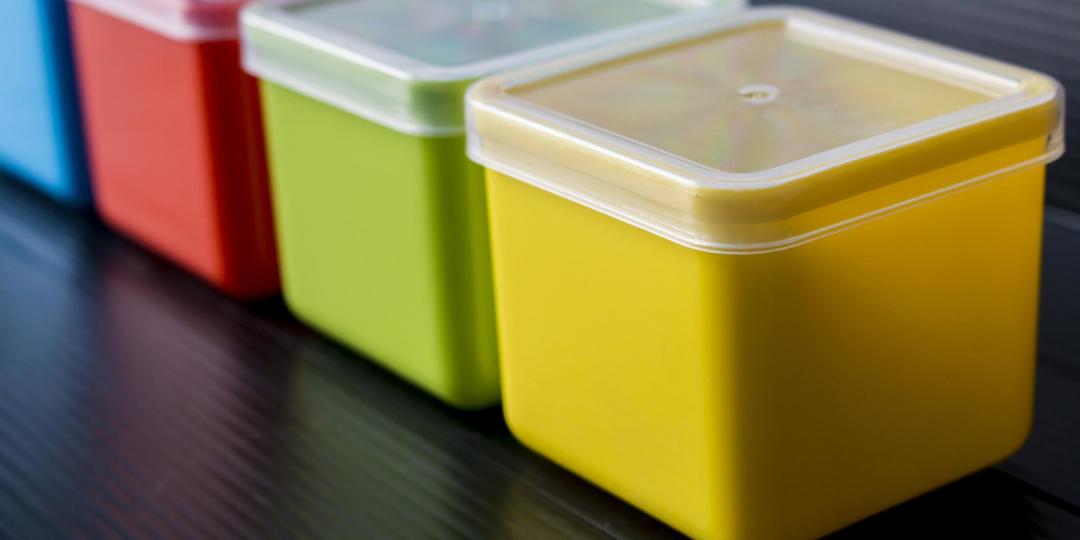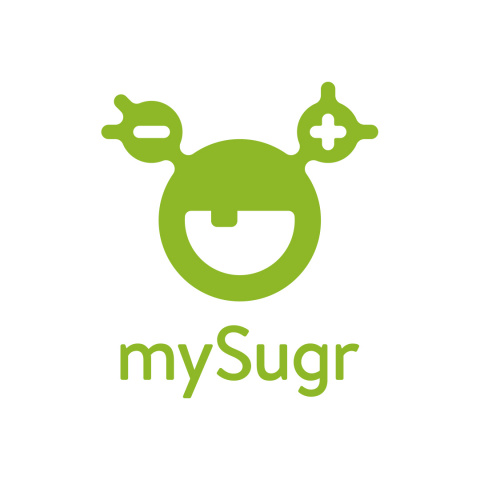Welcome to this week’s episode of Live With Scott. This week, we’re joined by a new member of the mySugr team, Sophie Brodsky Blake!
Welcome to this week’s episode of Live With Scott. This week, we’re joined by a new member of the mySugr team, Sophie Brodsky Blake!
Sophie has been working with us for a few weeks and has been living with type 1 diabetes for about 15 years. I’ve asked her to share her story this week and her work with diabetes awareness in students through the College Diabetes Network, as well as "The Sugar Box Project", a college project she helped put together to help people with diabetes on campus get glucose before it turns into an emergency. To listen to the episode, just click on the link below:
Summary:
- Sophie’s childhood experiences with diabetes.
- Her work with the College Diabetes Network.
- The Sugar Box Project and its importance for hypoglycemics.
- What she’s been doing with mySugr since she joined and her goals of inclusivity.
Transcript
Scott: Today I'm excited to introduce a good friend and colleague here at mySugr Sophie Brodsky Blake. Sophie is a new team member here at mySugr. She's lived with diabetes for about 15 years and today we're gonna learn more about her story with diabetes and hear about some of the fun work she's done before joining the company and what she'll be doing at mySugr. Excited right?
Sophie: Yeah, happy to be here.
Scott: Wonderful. Happy to have you too. Before we get going I'd like to tell you a little more about the show and ask for a couple of small favors. Live with Scott will air live every Wednesday, at noon Eastern time, 9 am Pacific time. Each episode will run for about 15 to 20 minutes and I'll be connecting you with fun guests, bringing you updates from around the diabetes space and covering topics of interest for you. We'll also dedicate some questions, some episodes to questions and answers so that you can send stuff in and just like last week we'll, the week before rather, we'll go over some topics. Listen the show’s live but it's also recorded so you don't have to worry about missing anything. My aim is also to keep them short and sweet because I know how busy you are. And with that in mind I really appreciate you joining us today. As for the favors I mentioned, if we cover anything that resonates with you, please click that like, love or wow button. I'd really appreciate that. And if you know anyone that might find this helpful, please share this with them. All right, are you ready to get started? Again, for those just tuning in, I'm Scott Johnson with mySugr and joining me today in studio is Sophie Blake. Sophie joined the mySugr team about three weeks ago and will be helping to grow the mySugr brand in the US. Sophie, welcome and thanks for joining us today.
Sophie: Thanks Scott.
Scott: All right. Can you tell everyone a bit more about you, your diabetes story so far and one thing you love about your work at mySugr?
Sophie: Yeah, absolutely. So, hi everyone. Super happy to be here. As you mentioned Scott, I've had type 1 for about 15 years. I was diagnosed about a month before my seventh birthday. And kind of similar to a lot of people, first when I got diagnosed I was really shy about it. Didn't really tell anyone. Would go to the bathroom to do my shots. All of that kind of typical stuff. Then I started going to camp. I went to Camp Wana Kura here in San Diego county for a few years and then I went to Camp Conrad Chinnock for a few years as well up in Big Bear. And going to camp really allowed me to meet a lot of people with diabetes, kinda come out of my shell. And after that I started talking about it more. In eighth grade, I did a project where I made a movie called Discovering Diabetes. That was, that was pretty cool. And let's see, what else? My family used to participate in the JDRF walks as well. And then in college, I was involved with the College Diabetes Network. I'm actually wearing the sweatshirt right now. We'll talk about that later on. And let's see mySugr, I mean working at mySugr the past few weeks has really been amazing. It's such a unique workspace. I feel really supported and uplifted every day coming in to work. And so I think my favorite part so far is just how supportive everyone is. It's been really great.
Scott: Yeah, we are so, so excited to have you with us. One, you're helping us a lot with work, of course, but also some of the studies that you did in school and your projects with CDN and things like that. You bring a lot of talents that will help mySugr grow tremendously but it's also just always fun to have another person with diabetes around. We are at a point in the mySugr office where we, the people with diabetes, now outnumber those without, which I think is a pretty cool thing. In your college days with CDN you did a really cool project called Sugar Box. What's this Sugar Box thing all about? And just tell us more about it.
Sophie: Yeah, absolutely. So, back in my college days, which was really only a few months ago, my CDN chapter created what we called the Sugar Box Project. Big shout out to the UC Santa Cruz College Diabetes Network chapter, cause it was really a collaborative effort. You've probably experienced this as well, something I've experienced a lot is walking out of my house, being in a rush and just completely forgetting to bring glucose tabs or juice and then going low and having to ask a random person for help, or have to spend money on something when I have a bunch of stuff at home I could've had. And so the idea behind the Sugar Box Project was just kind of like taking one worry out of the picture. And so what we did was we reached out to a bunch of different offices on our campus, such as the ethnic resource centers, the gym, the library, the career center. Hey everyone at the career center; I used to work there. And we went to the grocery store, got these boxes, I wish I had one here but maybe we can share pictures later, but yeah, they're just little like plastic boxes and then we filled them with glucose tabs, juice boxes, bars, fruit snacks, and then we put those in 25 different locations around campus and we made sure that they were behind a desk that had a staff member there most of the day so they wouldn't just be like torn apart by like students or raccoons or whatever. And then students could go into that office and say "hey, I need the Sugar Box." And then that staff member would give that to them. And it was really cool actually because places like the gym, and some other places around campus, I think the ethnic resource centers did as well, incorporated that as part of their staff training. So anyone at the front desk would know okay, I'm gonna give this Sugar Box to this student. I personally used it multiple times at the gym, at the library and it was really nice. 'Cause you're like hey, I need a juice so I'm just gonna walk up to the circulation desk. So yeah.
Scott: That's amazing. I think one of the big things that you mentioned is it's just one less thing to think about.
Sophie: Exactly.
Scott: When you think about that, it's like it doesn't seem like that big of a deal but having one less thing to think about is a huge relief. It's very similar to what we're doing with the mySugr Bundle. You don't have to worry or even think about your test strip supplies. You just take care of your diabetes. This sounds very similar in that where there's just one less thing to think about. Now, when we met at AADE's annual conference in Baltimore you showed me a map that was made. I'm gonna put up on the screen here so that people can get a look at what this looked like. How spread around the campus they were. You said there were how many boxes?
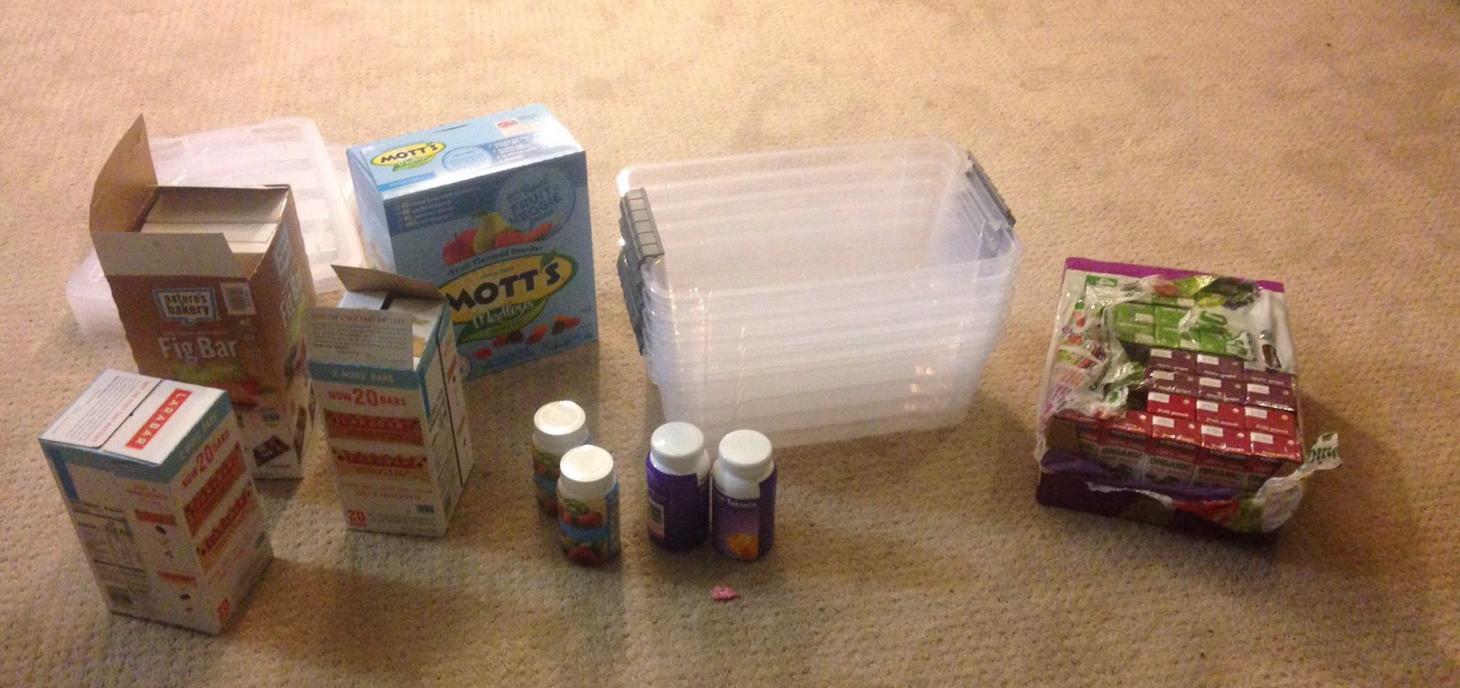
Sophie: Yeah, so we had 25 boxes and the map was created by one of my chapter members Adam who is super awesome and he did a really good job cause it's very detailed. It has all of the locations and then it also has the times that each of the offices are open and it's color-coordinated. So that was really helpful. And my chapter's still working on how we're gonna keep up with restocking them, distributing the maps more but so far, everyone in our chapter knows about it. We've posted about it on social media. So I think it's going well so far.
Scott: That's awesome. This is something other CDN chapters have taken an interest to. I know it's kind of early days but can you imagine a world, at least within the CDN chapters, where people just don't have to worry about their low blood sugars? Any thoughts or points about where this goes in the future?
Sophie: I have had a few chapter leaders reach to me personally and just ask me how we went about it and I've kind of started writing down the key takeaways and the key obstacles as well 'cause it definitely was not without obstacles that we completed the project. And I think it would be amazing to walk on to any college campus and know that there's glucose there at your fingertips. And even bigger than that I think it would such an incredible project to grow even more to like grocery stores. Like, imagine walking into Target or Wal-Mart or any big store and just being like hey I need the Sugar Box and just have it be right there.
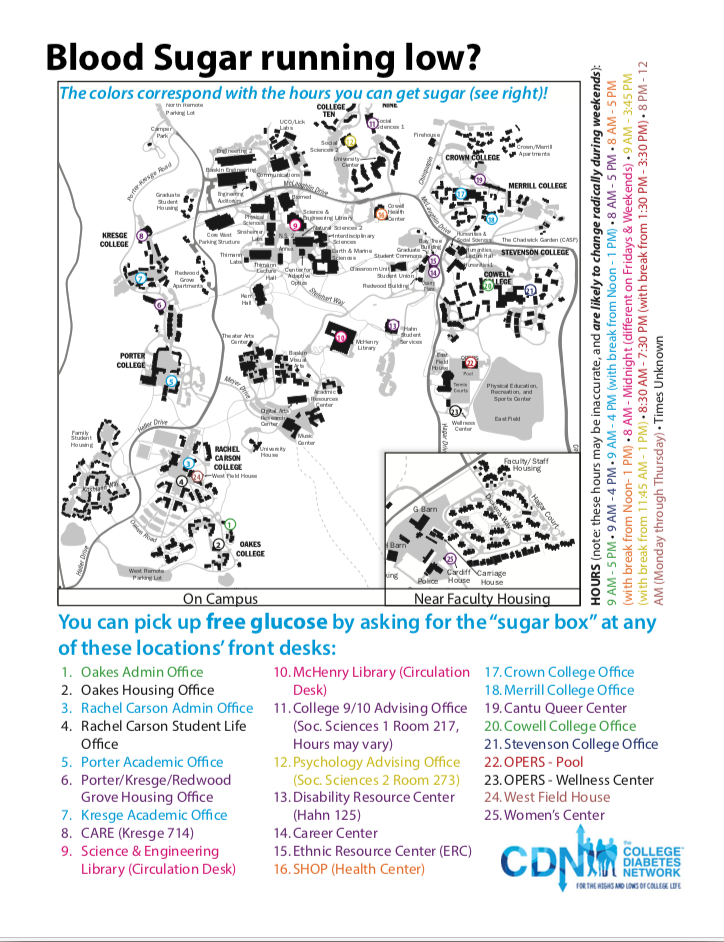
Scott: Yeah, yeah. That would be amazing. I love that you're dreaming big with it because that sounds just an amazing thing to not have to worry about my low blood sugars or how to treat my low blood sugars when I'm out walking around. We at mySugr are very big fans of the College Diabetes Network and it's so exciting that you are an alum of the, of CDN. Can you tell us more about College Diabetes Network?
Sophie: Yeah, absolutely. So the College Diabetes Network is a national non-profit. And I always kinda compare it to, basically, the way that it works is you can start a chapter on your college campus and it's kinda similar, at least to my understanding, how starting like a sorority or fraternity chapter would go. I started the chapter at UC Santa Cruz almost a year and a half ago. And the way it started was we had a phone call with Dan, hey Dan, he's super awesome. And he's one of the staff members with CDN, and they kind of gave us feedback like how to reach out to people and then we really just started trying to gather people with diabetes. And there, I believe now there are over 120 chapters across the United States and there's some in Canada as well. And it's really just a group of people trying to look out for each and make the transition into college, being in college and then transitioning out of college and into the workplace easier with diabetes.
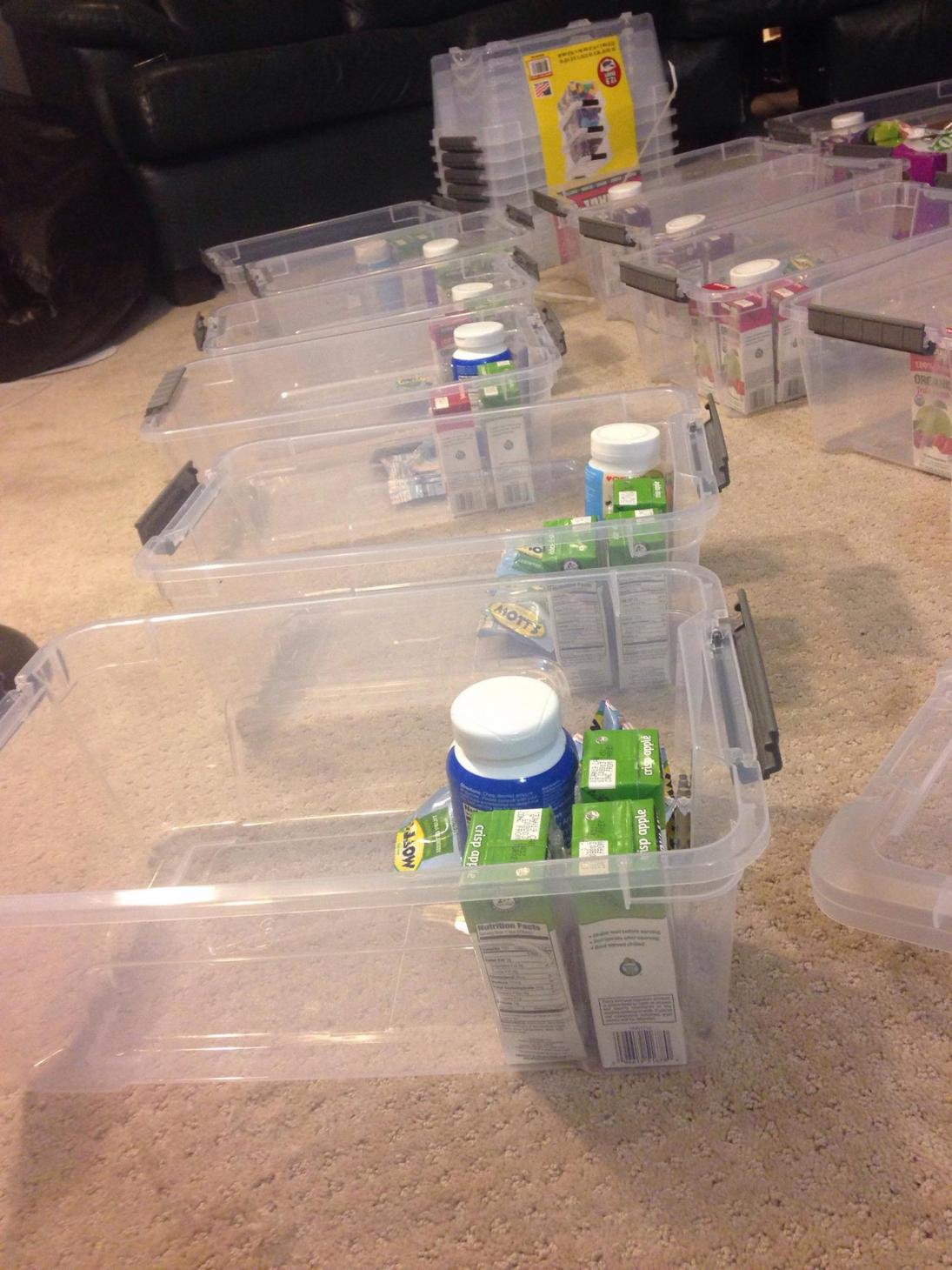
Scott: It's a big transition point for people where, where you're transitioning, especially those with type 1 diabetes, you're transitioning away from your endo team and your care team that has been taking care of you as you've grown up. And not only are you trying to figure out what this whole college thing is about, and how to succeed at college but you're also tasked with building a new care network at your school. I also love that you mentioned transitioning out of college as well which is a big deal. Yeah, we love CDN and are a big fan of everyone there. Super fun and exciting for us that you could be here and talk more about it. Let's transition a bit and talk about some of your school studies. So one area of interest and study for you is different impacts of living with diabetes inside of marginalized communities. Can you tell us more about that?
Sophie: Yeah, absolutely. So as I mentioned I recently graduate from UC Santa Cruz where I majored in both Feminist Studies and Critical Race and Ethnic Studies. There was a lot of freedom within that major to kind of write, choose a topic and write about it while applying those different frameworks to it. So I wrote a few papers about diabetes. The first paper I wrote I believe it was kind of talking about how race isn't really talked about when we talk about type 1 diabetes and it's kind of like brushed off, like oh yeah, type 1 diabetes sucks but we have all these new technologies so like, it's fine like people can live with it. And we don't reco-- Sorry my Dexcom's going off 'cause I'm going low...
Scott: Please do whatever, feel comfortable to do whatever you need.
Sophie: Okay, I'm only at 79 though so we're good. But yeah, so race is just kind of left out of the conversation. And through my research, and kind of just through talking to people, it's really clear that there are huge disparities in health outcomes for people of color and white people living with type 1 diabetes and type 2 diabetes. A lot of this has to do with barriers in access to care, not having access to an endocrinologist or not having access to the latest technologies. And even having good health insurance, I still pay a lot of money for the devices that I have. And if people, and a lot of people aren't even offered those. A lot of my research showed that in more like rural areas clinics aren't even offering the latest technologies. And so it's kind of just something that I found really important to bring to the conversation. Especially when a lot of the spaces, for type 1 diabetes and type 2 diabetes probably as well, are just really white. There's a lot of white people that are going around and talking about diabetes and oh this and that, we can do this.
And something that I love about mySugr is that I think there's real recognition that yes, maybe there are a lot of white people that work here, which is true but we're still having these conversations and supporting people of color that are really out there doing work to raise awareness like sponsoring The "Diabetics On The Margin" event with Ariel Lawrence. That was awesome and when I saw that I was just like wow, I definitely wanna work with this company. Stuff like that is really important and really cool.
Scott: Yeah, that's great. And I think bringing you on board is another step in helping us just, use another lens in looking at the world of diabetes. One of our mutual friends Cherise, hi Cherise, has been a real trailblazer in the workaround there and so we are also big fans of Cherise. Cherise, we love you and all the work that you do. Thank you so much. You're helping the world see diabetes and people with diabetes through a different lens as well. So let's talk a little bit about what you might envision being with mySugr. So recognizing the need for more awareness and inclusivity and stuff like that. What are your thoughts on, well let me maybe share quickly, that Sophie's only been here about three weeks but has been very brave in speaking up in meetings and workshops and things like that. So whether you know it or not you're already making a big difference. But I also have a feeling that your brain is thinking bigger than, than what has happened in just the past few weeks.
Sophie: Yeah, absolutely. There have been, these past few weeks, I mean really it's only been like two and a half weeks and I feel like there's been so much happening every day. So far, I feel like one of the most important things to me has just been the conversations that we've had. I've had really good conversations with you, with Jen, with Molly. Just different people in the office and really thinking about what we are doing and how we can make it better, how we can make it more accessible.
I also think continuing to support people of color in the diabetes community and really center them. I've been having a lot of ideas about who to bring on Facebook Live and such. And I think that'll be super awesome. And yeah, just being really sensitive to what's being said and questioning things that are being said. All of this is really new to me. Like all the marketing models and everything like that. So just being really, bringing what my educational background into this, and coming at it from that. Not like super critical of everything but just being super aware of how what we're doing and what we're saying is impacting different communities.
Scott: Absolutely. And when we're missing the mark on something and we try very hard to foster an open environment here at mySugr and what I mean by that is there's open environment around diversity but there's also open environment around feeling comfortable and safe pushing back on things that we're doing when they don't line-up with your values and I think that's an important thing that you should feel comfortable doing. So far, I think you feel comfortable doing that. And I encourage you to continue and do more with that.
Sophie: Thank you.
Scott: You're very, very welcome. Thank you for joining the mySugr team. I'm so excited to have you here. It's wonderful, it's wonderful.
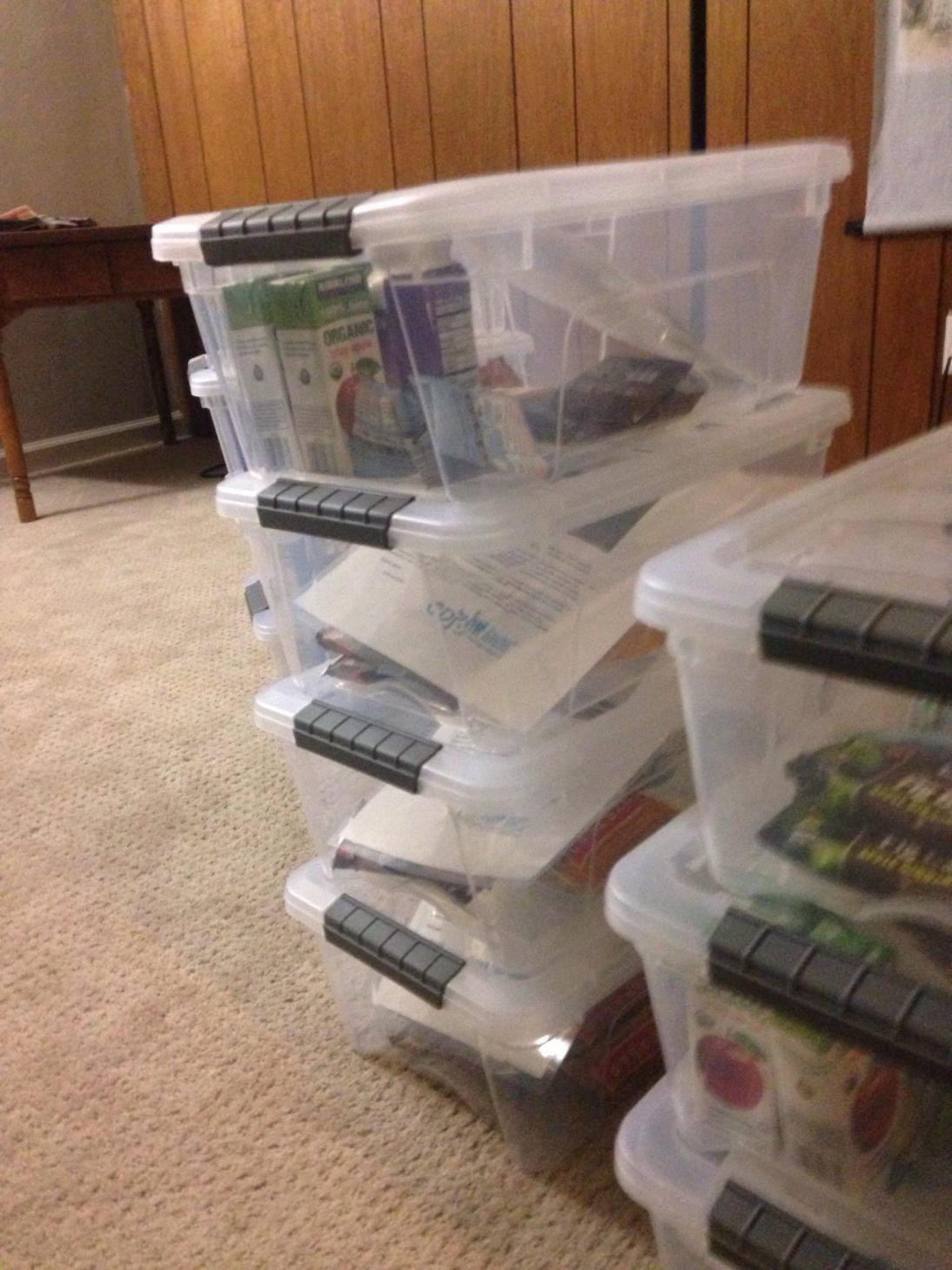
Sophie: Thanks, yeah. And I guess a quick thanks also to College Diabetes Network for bringing me to the AADE conference where I met Scott and how all of this happened which was a super awesome experience and I'm really glad to be here as well. And thanks to Cherise as well for helping me to get this position. Yeah, I'm super happy to be her
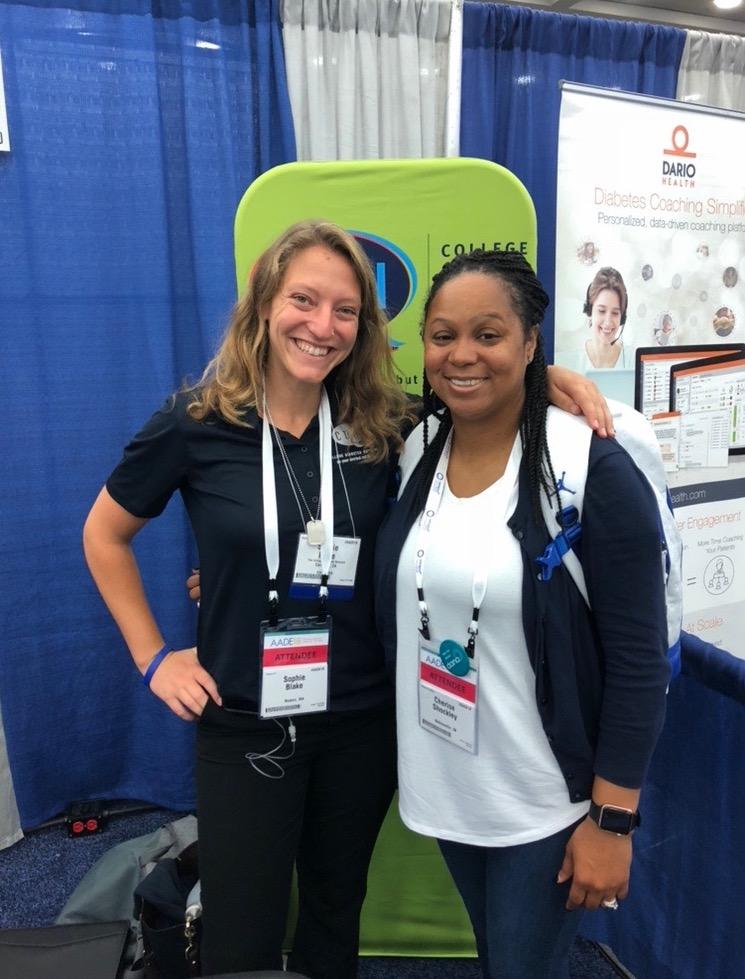
Scott: You want to give a shout out to your sisters?
Sophie: Hey Nat. Hey Naan. My sisters. Love you both. Thanks for watching. Yeah, happy to be here.
Scott: So am I, I'm happy to have you here. All right, thank you Sophie. As a special thanks to all of you watching, I have two special mySugr t-shirts I wanna give away, and I also was able to snag a couple of fun books. We have more copies of Adam Brown's Bright Spots & Landmines. We'll include those in the next giveaway. And then this is a great book by a couple of friends of ours, Nicole Johnson, Dr. Nicole Johnson and Lorraine Stiehl and the book is "What To Do When Your Partner Has Diabetes". So it's about the support network around you. So to enter this week's giveaway, just leave a comment below.
Let Sophie and I know if you found today's episode helpful and before next week's show I'll randomly pick two lucky winners just like Roberta and Shawn and announce them during the start of next week's broadcast. All right, and once again today's episode is sponsored by the mySugr Bundle. And be sure to tune in next week where I will introduce you to Molly Wagman who leads our US clinical team here at mySugr. She's gonna share a bit of her story and tell us about Diabetes Training Camp and their upcoming fundraiser in Atlantic City with the amazing rockstar Brett Michaels. I can't wait to hear more. All right, thank you so much for joining today. Please share this with your friends. Give us a like on Facebook and don't forget to turn on those notifications so you won't miss upcoming episodes of the show. Thanks again and we'll see you next time.
Sophie: Bye
The mySugr website does not provide medical or legal advice. mySugr blog articles are not scientific articles, but intended for informational purposes only.
Medical or nutritional information on the mySugr website is not intended to replace professional medical advice, diagnosis or treatment. Always consult a physician or health care provider with any questions you may have regarding a medical condition.




